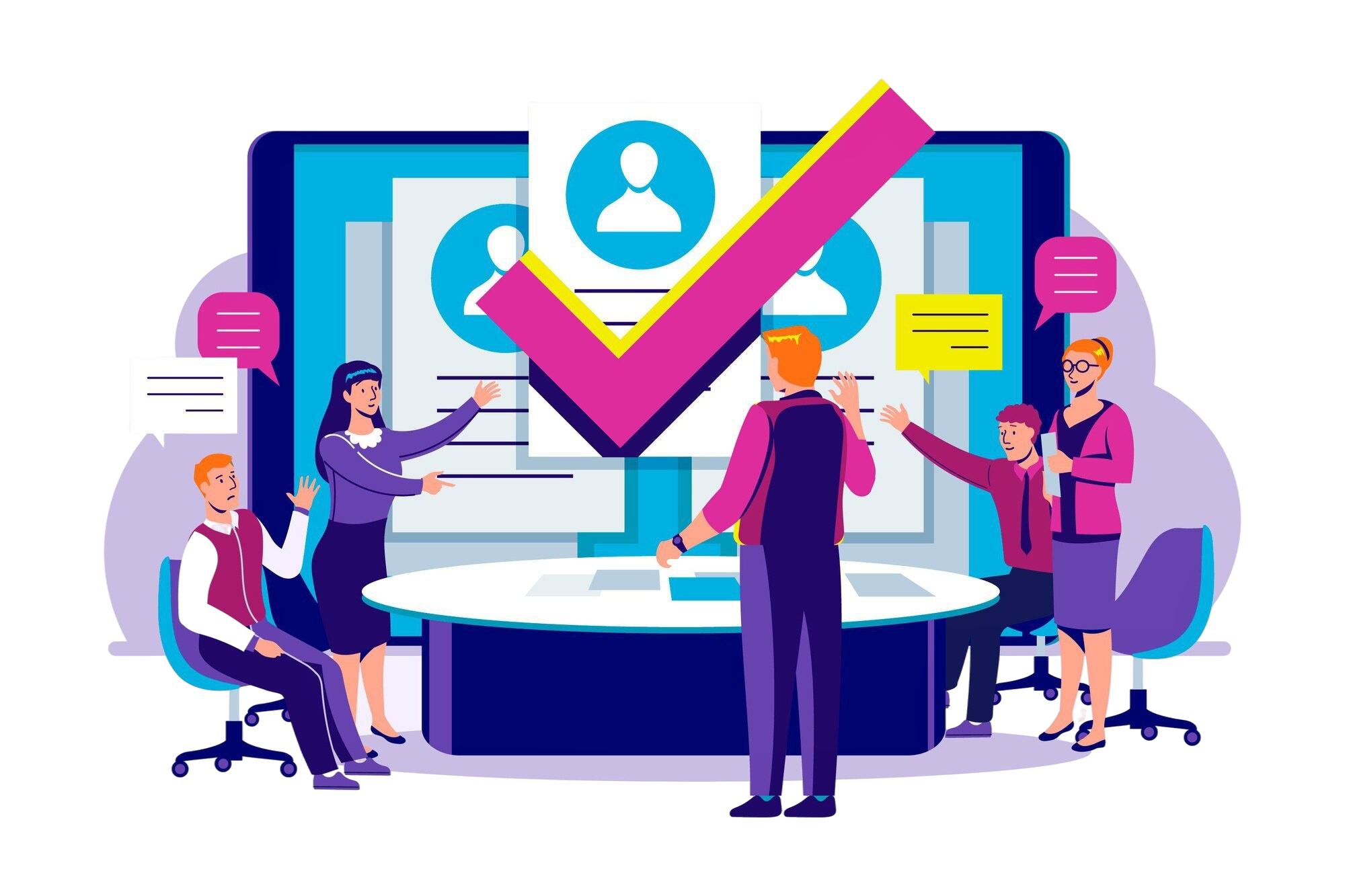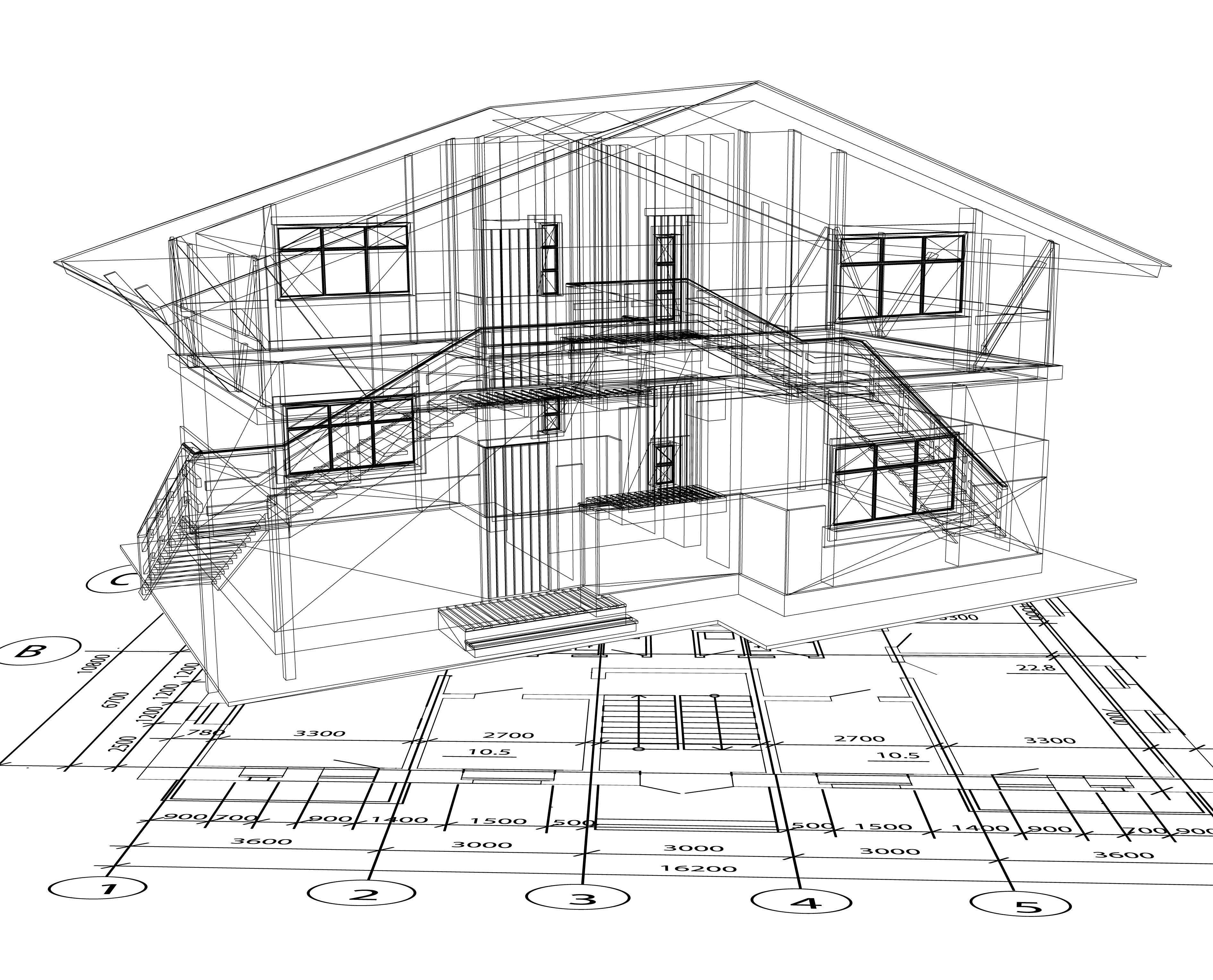Choosing a career and committing to it requires time, effort, and dedication. But what happens if you end up choosing the wrong one? Unfortunately, nearly 60% of people are dissatisfied with their jobs because they chose a career that doesn’t match their skills or personality.
If you’re a job seeker struggling to find the right career path, you’ve landed in the right place. Conducting a proper assessment before job hunting is crucial for ensuring that you find a job that aligns with your capabilities and aspirations.
Below, we explore the importance of career assessments and how they can help you land your dream job.
Why Assessments Are Essential for Job Seekers?
Before diving into the job market, it’s important to assess your personality, skills, and strengths. Career assessments help you match your abilities to roles that will suit you long-term. Here’s why they’re crucial:
- Avoid Career Mismatches: Many people end up in roles they’re unhappy with because they haven’t evaluated their true strengths.
- Boost Confidence: Understanding your skills and strengths prepares you better for interviews and gives you the confidence to pursue the right career.
- Stand Out in the Job Market: Assessment results provide tangible evidence of your capabilities, which can be shared with potential employers.
Personality Check: Knowing Who You Are
Are you a leader, a motivator, a strategic thinker, or a team player? Understanding your personality traits is essential in narrowing down the right job options.
Personality assessments allow you to explore what kind of roles align with your traits. For example, if you’re a natural problem-solver, a career in engineering or project management might suit you best.
Benefits of a Personality Check:
- Helps you find a career that matches your work style.
- Ensures long-term job satisfaction and career growth.
- Prepares you for presenting yourself more effectively in interviews.
Evaluating Your Technical Skills
Reviewing your technical skills is a crucial step in job hunting. Make a list of your competencies and see how they align with your target job. If you lack certain skills, consider upskilling through online courses or certifications.
Technical skills, especially in industries like IT, engineering, and design, are often the foundation of a successful career. These are the hard skills that employers often prioritize, and understanding where you stand can help you aim for the right roles.
Why Technical Skills Matter:
- Employers prioritize technical competence over general qualifications.
- Being proficient in the right tools and software, like AutoCAD or coding languages, makes you more employable.
Developing Your Soft Skills
In today’s job market, having strong soft skills is just as important as technical expertise. These include communication, teamwork, problem-solving, and adaptability. Soft skills ensure that you’re not only capable of doing the job but also excelling in dynamic, collaborative environments.
Many job seekers overlook the importance of soft skills, but these can often make the difference between landing the job and being overlooked.
Key Soft Skills Employers Seek:
- Effective communication and collaboration.
- Adaptability in changing work environments.
- Time management and problem-solving abilities.
Why CADD Centre’s First Job Pakka Program is the Game-Changer
At CADD Centre, we understand the importance of career assessments. Our First Job Pakka program evaluates your proficiency in key CADD software and provides a comprehensive assessment of your skills. This report can be shared with potential employers, giving you a competitive edge.
Benefits of First Job Pakka:
- Tailored assessments that focus on industry-specific skills.
- Detailed proficiency reports to help you stand out in a crowded job market.
- Expert guidance on improving your technical and soft skills.
Conclusion:
In conclusion, conducting a career assessment is essential for job seekers who want to land the right job and avoid common pitfalls. By understanding your personality, evaluating your technical skills, and honing your soft skills, you’ll be better equipped to enter the workforce confidently.
Through programs like CADD Centre’s First Job Pakka, job seekers are provided with all the tools they need to showcase their expertise and secure their dream job. Start your journey by assessing your strengths and skills to ensure long-term career success.
FAQs
What is a career assessment, and how does it help job seekers?
Career assessments are tools that evaluate your personality, skills, and interests to match you with the most suitable career paths.
How can soft skills help job seekers succeed?
Soft skills, such as communication, teamwork, and adaptability, are crucial for job seekers to thrive in dynamic work environments and stand out to employers.
What technical skills are most in demand for job seekers in 2024?
Some of the top technical skills include proficiency in software like AutoCAD, coding languages, data analysis tools, and project management systems.
What is the difference between technical and soft skills in a job assessment?
Technical skills refer to your expertise in specific tools, software, and methodologies relevant to a job. Soft skills, on the other hand, encompass communication, teamwork, and adaptability—qualities necessary for thriving in any workplace.
How does the CADD Centre First Job Pakka program help job seekers?
The First Job Pakka program evaluates job seekers’ proficiency in CADD software and provides a comprehensive report that can be shared with employers, increasing their chances of getting hired.
Are job assessments required by all employers?
While not all employers require formal assessments, many use them as part of the recruitment process to evaluate candidates’ technical and soft skills, personality fit, and overall suitability for the job.




